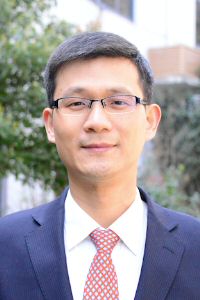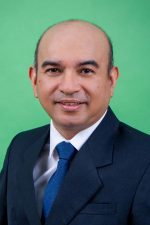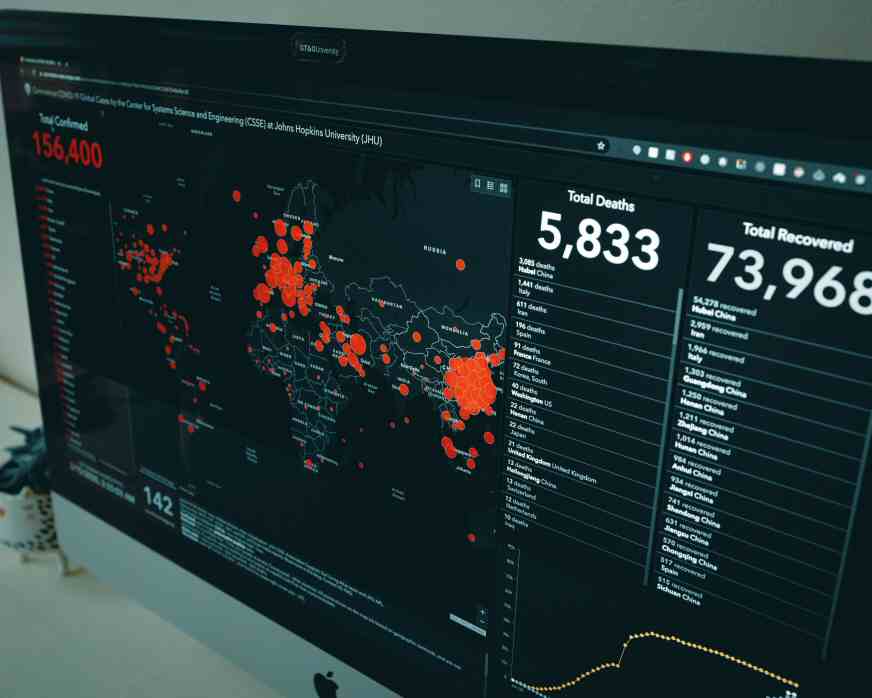
Photo by Clay Banks on Unsplash
PHFN 615 PRINCIPLES OF EPIDEMIOLOGY
The course is a study of the general principles of epidemiology that involves the understanding the frequency, distribution, and etiology of acute and chronic diseases, and the method for disease surveillance and control. Emphasis is on the epidemiology of lifestyle-related diseases and how to relate epidemiology to a more clinical setting.
Units: 3
|
WHO NEEDS THIS COURSE? Graduate students:
This course may also be taken by
|
TIME INVESTMENT 1.5 hour per day – 5days per week – 7.5 hours per week |
COURSE OUTCOMES
Upon completion of this course, the students will be able to:
- Define key concepts related to epidemiology and how epidemiology contributes to improve health.
- Understand the meaning to measures or quantify the occurrence of health phenomena in a
- Explain the types of epidemiological study designs (descriptive, analytic and experimental designs) representing various ways of gathering public health data or information related to health phenomena.
- Identify the factors that cause and prevent acute and chronic
- Apply epidemiological knowledge in the behavior modification of people who have lifestyle-related problems.
TOPICS TO COVER
| Week 1 |
History and Scope of Epidemiology. Modes of Transmission of Diseases and Surveillance |
| Week 2 |
Occurrence and natural history of a disease, validity of screening test |
| Week 3 |
Epidemiologic Study Designs: Observational, Cohort |
| Week 4 |
Epidemiologic Study Designs: Comparing Studies and Assessing Preventive and Therapeutic Measures |
| Week 5 |
Trials: Randomization, Risk, Association and Causation |
| Week 6 |
Bias, Confounding, Factors in Disease causation |
| Week 7 |
Using Epidemiology to evaluate Health Services and for Screening Programs |
| Week 8 |
Epidemiology and Public Policy, Ethical and Professional issues in Epidemiology |
COURSE FACILITATOR
 |
EDWARD NATHAN, DrPH, MBBS, MPH Dr. Edward Nathan is the resident Public Health Doctor in Penang Adventist Hospital. He completed his primary and secondary education in Penang, Malaysia and then continued his medical education at Christian Medical College in Vellore, India in 1987. He worked as a Medical Doctor in the Department of Surgery, Orthopedics and also Cardio-Thoracic Surgery before finally settling into Public Health. To further his expertise in the field of Preventive Medicine, Dr Edward became a student at Loma Linda University, California, USA, completing his MPH and DrPH in Preventive Care. His special interest in Preventive Medicine is in the field of health risk assessment and corporate wellness as well as helping those who want to quit the smoking habit. As the saying goes, “Prevention is better than cure”, therefore Dr Edward likes to educate the public on health education issues so that the public are equip with knowledge on disease prevention. He has been involved in this field since 2001, educating individuals on their health using the HRA as well as giving public health talks both to the public as well as to the health professionals like doctors, nurses and pharmacists. He has been a member of the CMC Vellore Association & Council that governs Christian Medical College, Vellore, India – a premier medical institution in India since 2009. He also has an interest in Research and started the Adventist Clinical Research Center in Penang Adventist Hospital. |
COURSE DEVELOPER
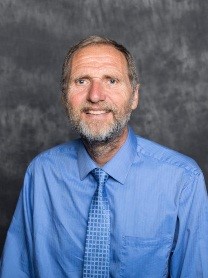 |
KLAUS IRRGANG, DrPH Klaus Irrgang is the original developer of this online course. He is now currently serving as an associate professor at Burman University in Canada. He finished his doctoral degree in Public Health in Loma Linda University, California. He served the Public Health department of AIIAS as a faculty for several years. |

Photo by David Iskander on Unsplash
MSSN 615 INTRODUCTION TO MISSION
An introductory study of the theology of mission, the history of missions, various philosophies of mission including the Adventist philosophy and strategy of mission, and the strategic implementation of these in given cultural settings.
Units: 3
|
WHO NEEDS THIS COURSE? Graduate students:
This course may also be taken by
|
TIME INVESTMENT A minimum of 18 hours/week for approximately two months |
COURSE OUTCOMES
Upon completion of this course, the students will be able to:
- Understand the concept of Missio Dei with its theological, historical, and practical meanings, and examine a balanced idea of mission in both Testaments.
- Survey the historical development of Christian mission and understand primary missionaries and their contributions in different historical periods.
- Grasp the relationship between culture and mission, gospel communicating in different cultural settings, and the role of worldview in mission.
- Compare Christianity and other religions and comprehend the main principles to deal with the relationship between Christianity and other religions.
- Realize the challenges of mission and know the main strategies for world evangelization and various church movements.
- Understand the Adventist mission with its foundation, developments, and trends.
TOPICS TO COVER
| Week 1 |
Introduction and Missio Dei |
| Week 2 |
Biblical Foundations of Mission |
| Week 3 |
The Expansion of the World Christian Movement |
| Week 4 |
Gospel and Culture |
| Week 5 |
Christianity and Other Religions |
| Week 6 |
Contemporary Mission and Its Challenges |
| Week 7 |
Strategy for World Evangelization |
| Week 8 |
Adventist Mission: Foundation, Development, and Current Situation |
| WEEK 9 |
Adventist Mission: Foundation, Development, and Current Situation & Final Exam |
COURSE FACILITATOR
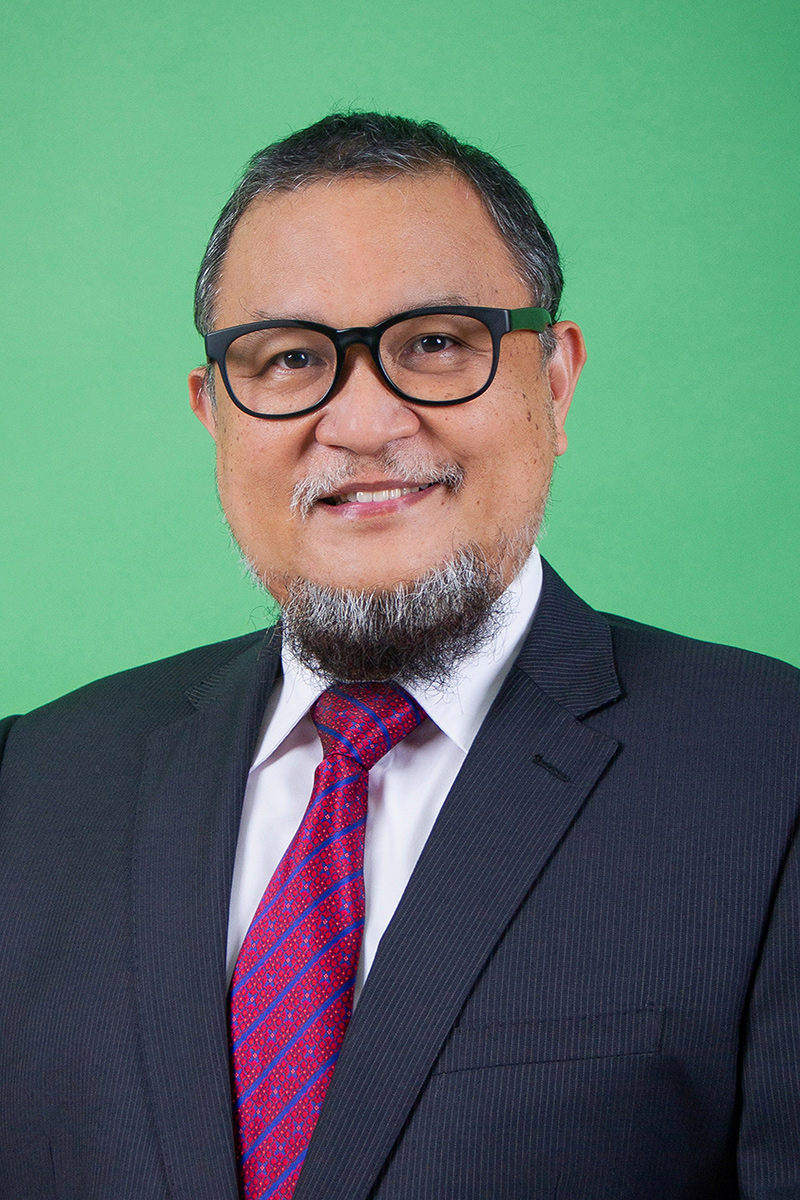 |
BRYAN EDWARD SUMENDAP, DMin Pastor Bryan Sumendap is an assistant professor of Leadership and Church Ministry of the Theological Seminary at the Adventist International Institute of Advanced Studies (AIIAS). He comes from Indonesia and is an experienced pastor, serving the church in various capacities for 18 years. He earned his Master of Ministry and Doctor of Ministry from AIIAS and is currently the vice president for Student Services at AIIAS. |
COURSE DEVELOPER
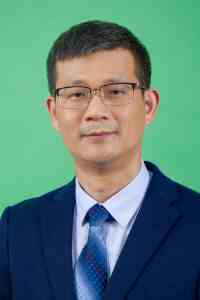 |
LIANG CHUANSHAN, PhD Dr. Liang Chuanshan is an assistant professor in the Applied Theology Department of the AIIAS Theological Seminary. He hails from China and has a varied exposure to different evangelistic efforts and missions conducted inside and outside of mainland China. He has written several articles in the Journal of Adventist Mission Studies, Journal of Chinese Ministry and Journal of Asia Adventist Seminary. He has recently translated Mark Finley’s book that was used in evangelistic meetings in Nanjing, China. In 2011, he published a book Introduction to New Testament (Chinese) in Hong Kong. |
Financial Assistance
Students who are in need of financial assistance may avail of the following:
- Scholarship – applicable for missionaries or needy students who are academically capable. This is open to existing students only.
- Group Tuition Rate – may be availed by students who apply to AIIAS as a group and progress through their degree programs together. This is open to prospective students only.
Send an email to This email address is being protected from spambots. You need JavaScript enabled to view it., if you want to know more about these financial assistance options.

AIIAS Online Faculty Resource Center
Welcome to the exciting world of online teaching!
If you are going to teach online or simply integrate technology in your classes, then you are in the right place. This website provides information on the available faculty support services and resources that can help you succeed when teaching on the web—either fully online, blended, or web-enhanced.
The contents of this website provide basic ideas on how to design, develop, and teach an online course. You can also find here the guidelines, procedures, pertinent policies and other documents you, as a faculty, must know before teaching online at AIIAS. More advanced and specific skills are presented in on-site seminar–workshops that are scheduled periodically during the school year. More importantly, we provide on-demand and personalized services to those who are teaching online in the current schedule of classes.
We also created here a private discussion forum for those of you who would like to share best practices or any helpful resource that may benefit others too.
Please bear in mind that we are always here to assist you. Working together certainly produces the best results for the benefit of God’s teaching ministry.
Explore this website now and be blessed!
- The AIIAS Online Team
Why AIIAS Online?
AIIAS Online is conceived to widen the reach of graduate-level Christian education beyond geographic limits. Its fully online programs utilize current and globally accepted online learning standards that assure learning at its best. Here are the characteristics of its online classes, making AIIAS Online your best choice for your online study:
- To cater to the needs of the working adults, online courses can be studied at flexible times within course deadlines, anytime and anywhere there is Internet access.
- To provide for real time experiences, online classes utilize videoconferencing that are geared towards improving student connectivity and teacher presence.
- To build learning communities, online classes are designed to be interactive through discussion forums.
- To maximize student engagement, learning activities are designed for active participation by students and are learner-centered.
- To address the interest of students, course content and projects are contextualized, with direct community application.
- To make sure that God is in the center of every class activity, online classes begin with God’s Word, written with a Christian worldview, and utilize mission-oriented class activities.
- To fully experience Christian education in a wider school level, AIIAS Online organizes a school-wide Online Week of Prayer every year, in addition to online spiritual retreats and online chapels that are organized by some classes.
- To ensure excellence and academic quality, online courses are peer reviewed and are evaluated using globally accepted standards of online education.
- AIIAS Online makes sure that its world class Christian education is the most affordable and accessible globally.
- As such, it has now served students in more than 70 countries around the world, making every class a truly multicultural environment.
APPLY NOW! Achieve your education goals. Experience online learning at its best.

